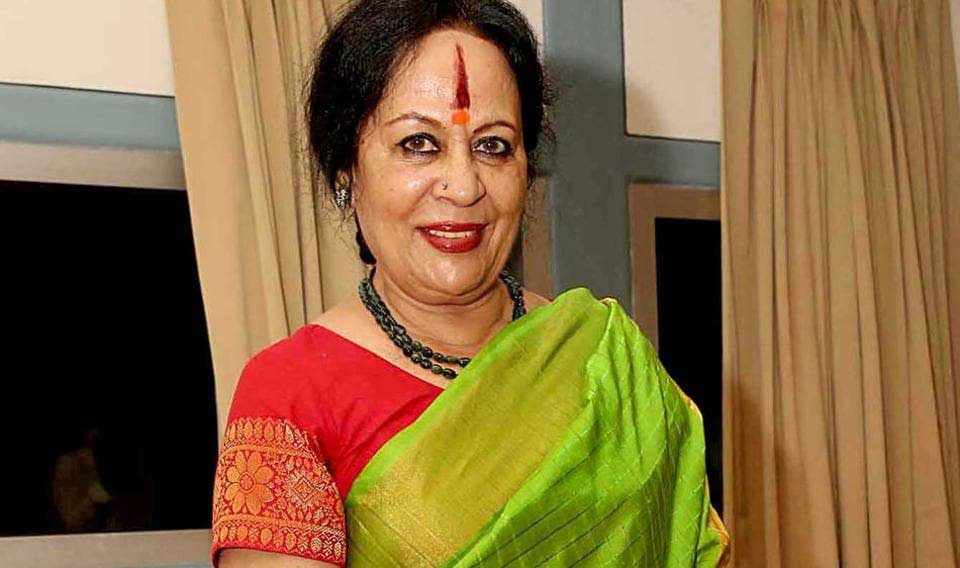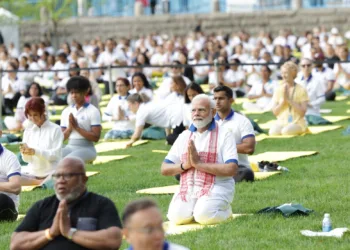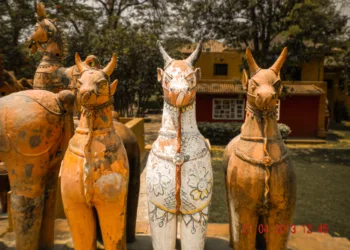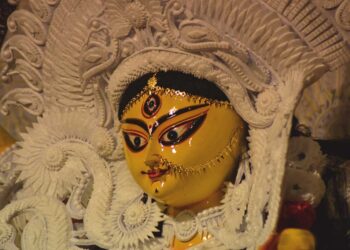As man loses touch with primeval energy, natural calamities, hitherto unknown diseases, pandemics and deadly viral infections strike the world
BY DR SONAL MANSINGH
Our dear Mother Earth is burdened with many man-made problems. The ‘best creation’ of God, that is, man, has created havoc. His all-consuming greed, arrogance and ambition have no limit. Like the asuras (the anti-gods in the Indian Puranic legends), man has gobbled up every available resource, every possibility of sustenance to the extent that animals and birds, even the delicate bio-diversity is set to be on a diminishing slide. Man will eliminate all, sadly.
Or, will nature allow such a free run? Will recent predictions of low-lying countries and cities getting inundated by sea water come true? Surprisingly, such predictions follow those in India’s calculation of the Four Aeonic Cycles which recur every few billion years. The last of the four is called Kali Yug, the Dark Age. Earth has gone through Sat Yug, Treta Yug, Dwapar Yug and now we are living somewhere in the middle of Kali Yug. In addition to increasing natural calamities, there are unforeseen things like hitherto unknown diseases, pandemics and deadly viral infections.

The lockdowns of the past two years, and the third year running, not only of the economy but of daily life as well, have brought untold misery to millions all over the world. Countries are still trying to cope not only with the negative offshoots of Covid-19 but also with serious mental depression and the sense of hopelessness the pandemic has spawned among populations. It is an unequal war between angry nature in a mood to teach man a lesson and the yet arrogant and unapologetic human race struggling to find a way out without any course correction! But hope lives on!
It is known how vibrations work, even affecting and altering happenings. In our traditional understanding of this theory, there is an auspicious time for every important event like setting out on a journey, a pilgrimage, holding a marriage, and so on which should be done in consultation with the Panchaang, the Hindu lunar calendar. Sometimes, despite precautions, unpleasant things occur and people lose equilibrium, patience and faith.
I would like to recount one of my favourite fables. After a long period of drought, a village astrologer was asked to find a solution. He consulted the Panchaang and instructed the village elders to conduct a havan, worship of the fire god, along with propitiation of Indra, the rain god. On the appointed morning, after proper arrangements were made, the havan began. Even those from neighbouring villages had gathered to accrue some benefit from the havan. One young boy arrived, carrying an umbrella. Everyone laughed, since the sun was shining brightly. The youth, in all innocence, said, “I am sure Indra will be pleased with our worship and will send rain immediately. That is why I have brought an umbrella.” His faith so pleased Indra that, in a matter of minutes, the sun was overcast with dark clouds and even before the havan could be completed, the rain came pouring down. Such is the power of faith.
But, as I look around me, I see over- dependence on machines, technology and a numbness of emotions as if the collective energy is in a limbo. Man feels lost despite landing on the moon, despite almost entering the periphery of the sun. Now we have robotic household help, robots instructing man, robots taking charge of many activities of daily life, public life and even warfare. Can’t imagine what a robot would do in the bedroom, given half a chance! On the one hand, we are developing renewable energy, solar energy, and hydro energy (because water flow is abundant and constant unless it is stymied by drought, harsh summer and too much irrigation). I often wonder about the glaring contrasts between our professional beliefs and real-life travesties.
The worship of rivers, mountains, rocks, trees…indeed, every manifestation of nature is considered sacred in India as in some other parts of the world. The Zen philosophy of Japan comes to mind in which every twig, leaf and pebble has its own place in the larger scheme and so has to be respected, used with respect, for instance, in their famous flower arrangements (Ikebana), Zen gardens, homes, the tea ceremony (Cha-no-yu), and in almost every aspect of daily life. Yet Japan is one of the most industrialised nations where, increasingly, human bonds are difficult to forge. Women are nervous about marriage and raising a family. In the race to increase per capita income and GDP growth in the name of progress, dire warnings from prakriti go unheeded. Is there still time to turn back? I hope so.
The writer is a noted Odissi danseuse, a Padma Vibhushan and Member of Parliament








